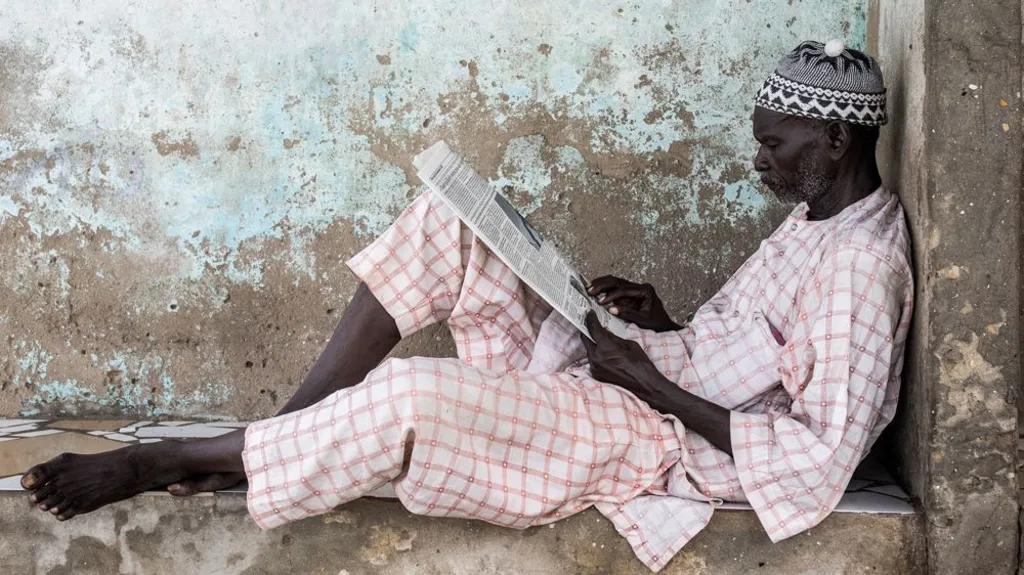SENGALESE commuters hoping to browse the news on their way to work were left disappointed on Tuesday – most national newspapers refused to publish in protest against what they see as shrinking media freedom under the new government.
The media is experiencing “one of the darkest days of its history,” the local Council of Press Distributors and Publishers (CDEPS) said.
It accuses the government – led by former opposition politicians – of freezing the bank accounts of media companies and seizing their equipment over alleged non-payment of taxes.
Officials justify the crackdown by saying they were trying to end practices that lead to financial embezzlement and mismanagement in the media industry.
President Bassirou Diomaye Faye came to power in March after defeating the ruling coalition’s candidate in elections.
His rise to power came after the opposition led huge protests to demand elections that then-President Macky Sall postponed in what his critics saw as a ploy to cling to power.
As part of Tuesday’s media blackout, newspapers were displayed on newsstands with no content inside. The editions solely consisted a black cover reading “journée sans presse” ( French for “day without press”) and an image of three raised fists gripping a pencil.
Not all papers participated in the protest – private outlet Wal Fadjri called the blackout an “ugly scar on the cheek of our beautiful democracy”.
While agreeing that the press was experiencing a “crisis”, Wal Fadjri said a blackout should be the last resort as it would deprive readers of their right to information.
Radio stations largely rejected the boycott, but two popular private stations opted to play music instead of airing the news.
Private television channels like TFM (owned by Grammy award-winning singer Youssou N’Dour), ITV, and 7 TV broadcast news while demonstrating their support for the protest by featuring its slogan and image.
Concerns that the Mr Faye’s government would try to restrict the media emerged a few months ago.







